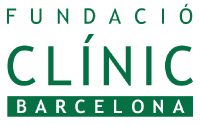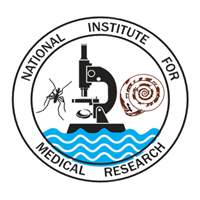Universität Leipzig
Informations générales
Le département d’hépatologie de l’université de Leipzig (ULEI) représente l’une des plus grandes unités d’hépatologie en Allemagne. Il comprend plusieurs cliniques ambulatoires spécialisées avec une présentation annuelle de > 5.000 patients, couvrant tout le spectre de l’hépatologie, de l’oncologie hépatologique et de la transplantation du foie, un grand bureau d’étude avec 5 infirmières d’étude à plein temps et un laboratoire de recherche. Des essais cliniques sont en cours ou ont été réalisés, allant de la phase I à la phase IV, avec un accent particulier sur l’hépatite B, l’hépatite C, le carcinome hépatocellulaire, les maladies hépatiques grasses (NASH, NAFLD) et d’autres maladies du foie.
Le laboratoire de recherche du département d’hépatologie mène de nombreuses études cliniques ainsi que des projets scientifiques fondamentaux et translationnels, notamment dans les domaines de l’hépatite virale, du carcinome hépatocellulaire, du microbiome humain et de la génomique en hépatologie. De multiples études de cohortes nationales et internationales ont été lancées à partir de la section d’hépatologie. Chaque année, des publications de haut niveau soulignent le fort impact scientifique de l’unité.

Université de Leipzig
Klinik und Poliklinik für Onkologie, Gastroenterologie, Hépatologie, Pneumologie, Infektiologie
Liebigstr. 20
04103 Leipzig
Germany
lien
Role in TherVacB
ULEI has long term experience in conducting clinical trials (phase I-IV), appropriate facilities and a well-trained staff. The university is currently involved in several translational studies and has great experience with the collection of patient materials. This includes serum, tissue and circulating blood cell (PBMC) samples, which can be collected and stored according to highest quality requirements. A special focus lies on the development of bio markers for hepatitis B virus infections. The Department of Hepatology has gained significant international reputation in the field and will contribute experience and methodology to the consortium.
ULEI has a large international network with collaborating hospitals and residents and can mobilize significant patient populations for inclusion in the clinical trials. Its experience is especially great in studies in hepatitis B, as well as in vaccine trials.
Personnel du projet

Thomas Berg
Professeur & ; Chef du département d'hépatologie

Florian van Bömmel
Chef du groupe de recherche Hépatite B










